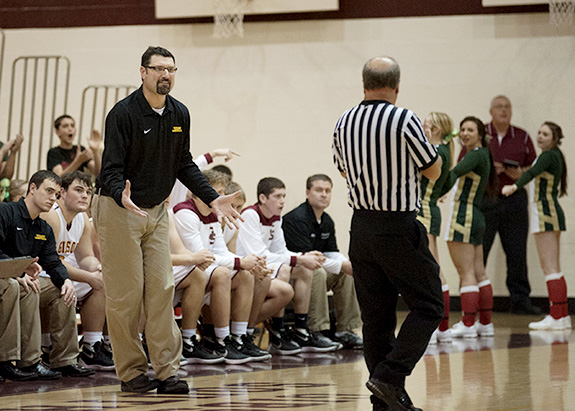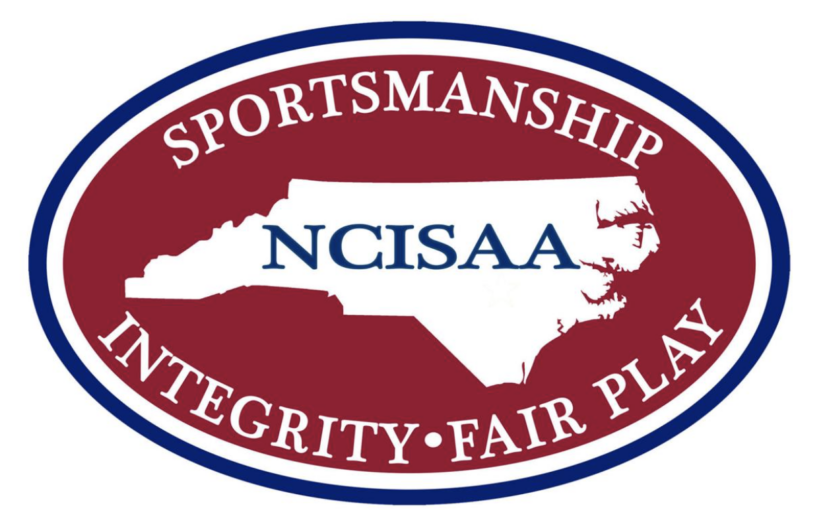A.D.ministration: Promoting ethics in high school sports
The concept of ethics is really fairly easy to define. In simple terms, it’s doing what is right — not one time, but all the time and under all conditions.
The problems come with interpretations and personalities, and athletics, by nature, is extremely competitive, which makes things a little more complicated. Therefore, not everyone may be ethical.
Since the philosophy of education-based athletics and sportsmanship are critical pieces at the high school level, they need to form the foundation. Therefore, ethics must play an important role, and it’s up to the athletic administrator to teach and enforce this belief. It isn’t that student-athletes wouldn’t benefit from an introduction and direction in ethics, but athletic administrators should probably focus on their coaching staffs. After all, coaches provide instruction and have daily interaction with their athletes, plus they influence the fans in the stands during games. This makes coaches the perfect focus for creating the ethical compass of the athletic department.
It isn’t that student-athletes wouldn’t benefit from an introduction and direction in ethics, but athletic administrators should probably focus on their coaching staffs. After all, coaches provide instruction and have daily interaction with their athletes, plus they influence the fans in the stands during games. This makes coaches the perfect focus for creating the ethical compass of the athletic department.
Conducting a meeting or having a special session on ethics may not be the best method for providing help and guidance for your coaching staff. Talks and lectures are normally the least effective methods of instruction and not normally well received. However, you might want to use the following scenarios to create a guided discussion with your coaching staff.
Playbook scenario
The first scenario, which you may want to use, actually occurred at a high school contest. While being tackled during the first-half of a varsity football game, the quarterback lost his wristband, which listed the team’s plays.
On the next play, one of the opponents saw the wristband on the ground, picked it up and handed it to his coach just before halftime.
Here are some questions to consider:
- What should the opposing coach do with the quarterback’s wristband, and why?
- The coach kept the list of plays and with his defensive coordinator prepped his defense at halftime. During the second half, the coaches used verbal cues to signal the defense as to what play was going to be run. What lesson did this present to the team?
- What should the quarterback’s coach do upon realizing that the opponent found and is using the list of plays?
‘Holding’ scenario
The second example features another football coach.
During the drills portion of practice, the junior varsity line coach demonstrated how the offensive linemen should grab the opponent’s jersey to increase their chances of preventing penetration by a defensive player.
During the course of a game, a player may make a mistake and occasionally “hold” an opponent. However, instead of spending time on improving footwork, the coach centered his instruction on techniques that were against the rules.
- Did this approach occur because the coach believed that violations of rules are OK, unless or until you are caught? Is this a good ethical stance?
- If you are the athletic administrator in this situation and you find out about the nature of instruction at practice sessions, what steps would you take? Or what steps should you take?
Injury scenario
In a variety of other sports, an athlete may collapse in pain on the field or court, appearing to be injured. Or is he injured?
Athletes at times go down at the coach’s instruction. They are faking the injury to gain an advantage, break momentum or to provide rest for the team. This may even give the coach some time to provide additional instruction.
- Rule books in every sport mention the concept of playing within the “spirit of the game.” Is faking an injury to gain an advantage within the “spirit of the game,” and is it ethical?
- After seeing or hearing of this tactic, how would you handle it as the athletic administrator? And could you turn this situation into a teachable moment for your student-athletes?
Practice scenario
Your district has a policy that practice sessions may not last longer than two hours, but on most days one of your coaches typically goes an additional 30 to 45 minutes. Often, he masks his transgressions by identifying this extra time as “team meetings.”
In addition to the practice length mishaps, the state athletic association does not allow practice on stipulated religious holidays when schools are closed. Commonly, the team can be seen practicing on these days under the direction of seniors, who oversee “Captains’ Practices.”
- Stretching, twisting or circumventing rules runs afoul of good ethics. What proactive steps would a wise athletic administrator take to ensure better compliance with district and state regulations? And what would you do with offending coaches?
- Beyond the question of ethics, do you have a concern about the risk of having practice sessions without coaches present? You should, especially if school facilities are being used. What steps would or should you take to prevent this from happening in the future?
While these scenarios and the discussions may not result in a staff full of ethical coaches, this exchange of ideas and points of view may at least cause some of them to think. This alone may make your attempt to enlighten your staff extremely beneficial. It’s certainly worth a try.
It’s also important to point out that whether you realize it or not, ethics are involved in athletic programs in a variety of ways beyond the examples previously mentioned. If you ignore the situations in your school, you are equally culpable. Failure to act and correct things that are wrong or handled improperly makes you part of the problem.
Some might suggest that athletic administrators have no business trying to police the ethics of their coaches and teams. However, it is your responsibility, particularly if you ascribe to the education-based athletics concept.
Ethics has to be a fundamental bedrock of your program, and it all starts with the athletic administrator.
David Hoch, CMAA, has 16 years of experience as a high school athletic director and served for 12 years as the executive director of the Maryland State Coaches Association. In 2000, he was named Athletic Director of the Year by the Maryland State Athletic Directors Association. His column, A.D.ministration, focuses on issues in athletic administration and appears regularly in Coach & Athletic Director magazine.





